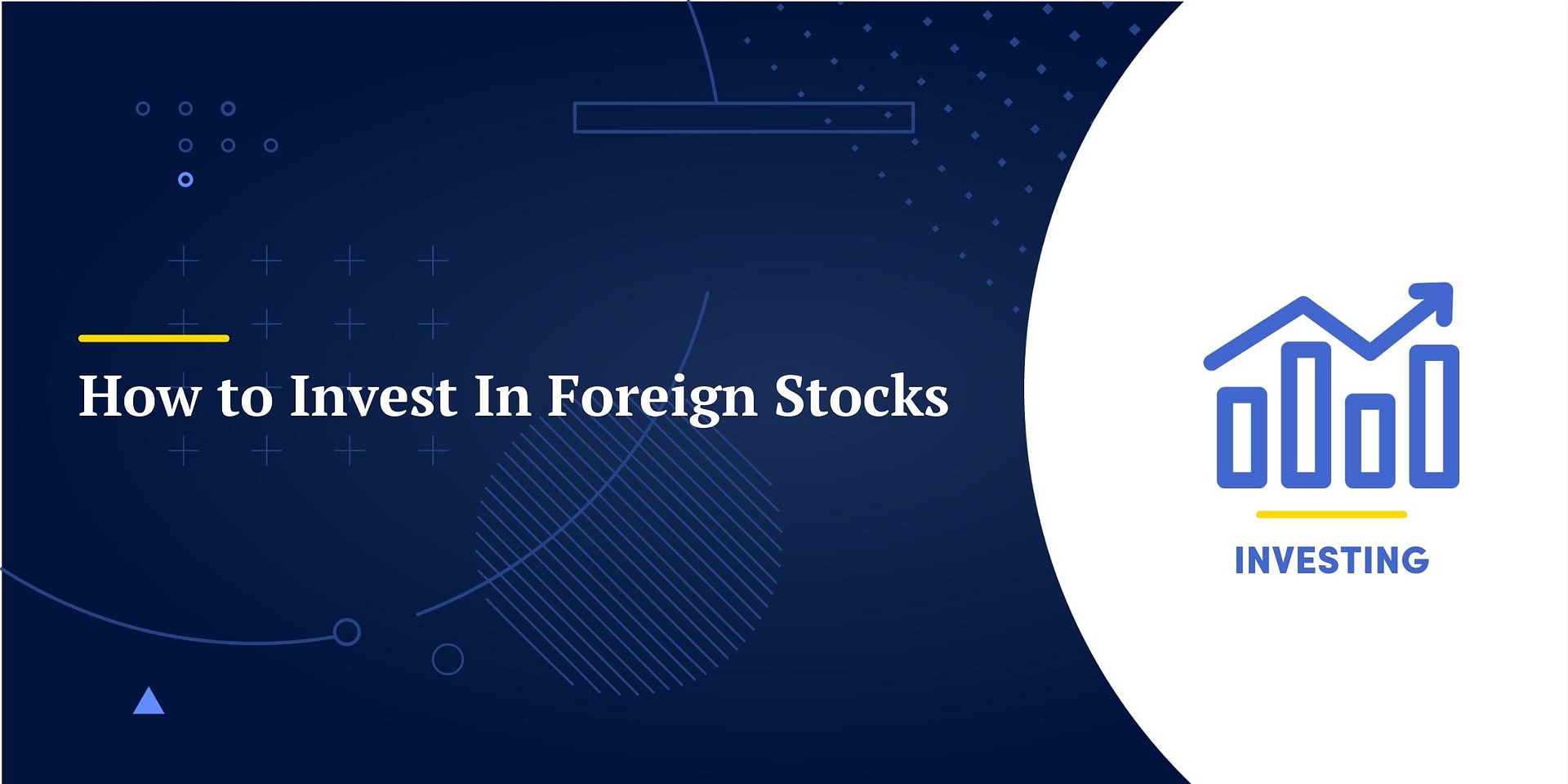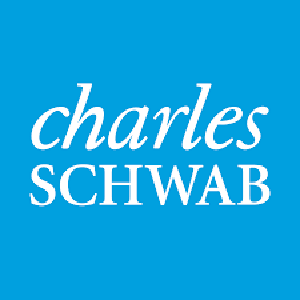3. Direct Investing
Some foreign stocks do not have ADRs or GDRs available. Even if they are part of an ETF, you may not be interested in buying another 90 stocks at the same time. Maybe you have a specific opinion on this specific stock and want to buy only this one.
In this case, you need a broker able to give you access to foreign markets. Such a broker should be a reputable one, and saving on fees should not be a reason to go to a third-rate provider.
Here you have a choice of going with a US broker that will give you access to foreign exchanges or opening a brokerage account overseas. Let’s explore both of those options.
Best Brokers For Buying Foreign Stocks
Interactive Brokers
One of the widest ranges of international investment. Interactive Brokers (IB) offers access to 33 countries, 150 different stock exchanges, and 23 currencies. The company offers a full trading platform that is very powerful but may be a little intimidating for beginner investors. Fees are reasonable, but their structure can be described as overly complicated.
IB is a great choice for experienced US investors who want to invest in non-US stock markets.
Fidelity
Fidelity offers a smaller range of foreign investments than IB, with access to 25 countries and 16 foreign currencies. Fidelity acquired a reputation as a low-fee broker in the US, but fees can be higher for some foreign markets. It still can be a great option for investors looking for foreign access but is also a solid low-fee trading platform in the US.
Schwab
Schwab is a well-respected US brokerage firm with limited international options: it offers access to only 12 markets. The commission fees depend on the currency used, and they can be pretty steep compared to their competitors.
If you already have a Schwab account this is a way to add some foreign stocks to your portfolio. If you’re looking to open an account purely for foreign trading it’s probably not the best option.
Online Brokers
Most purely online brokers – like E*Trade or Robinhood – do not offer access to international markets. If they do it is very limited and only available for over-the-phone orders.
The complexity and costs to navigate foreign regulation, open foreign branches, etc. make international investing a sector still mostly reserved for older, bigger, more established players.
Opening a Brokerage Account Overseas
Instead of relying on international access through a US-based broker, one last option is to directly open an account with a broker established overseas. This can be tricky, as some might not accept US citizens. Some (like Degiro) have no problem with US citizens but need their clients to be registered as residents in the EU only.
It can also be difficult to assess from abroad the seriousness and reputation of foreign brokers. For this reason, we recommend using only brokers that are well-established, reputable and registered with the local financial authorities (the local equivalent of the SEC).
Here below are some examples.
- Monex Boom, for trading in Hong Kong and 10 other Asian markets (Australia, Japan, China Taiwan, Indonesia, etc…)
- Degiro, for investing in Europe, but also Istanbul, Canada, Hong Kong, Tokyo, Singapore, and Australia.
Directly opening a foreign account might open you access to hard-to-reach markets, like some frontier markets (places like Africa or part of the Middle East) or emerging markets (like South-East Asia).
Unless your strategy clearly requires such a service it is probably not worth the effort. The US-based brokers mentioned above are enough for most US investors who want to build an overseas portfolio.





